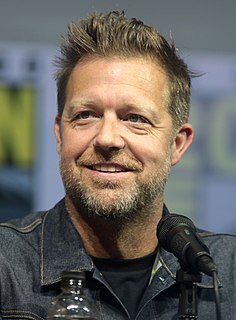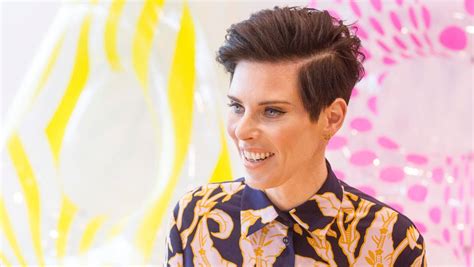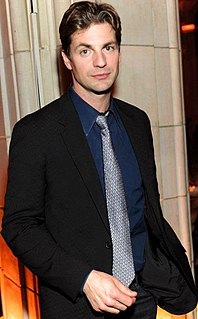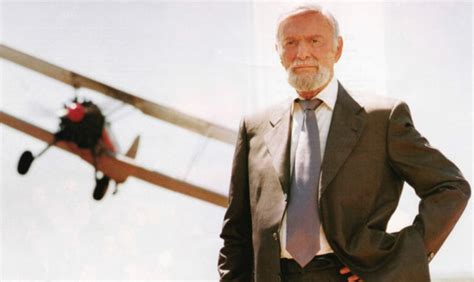A Quote by Tana French
If you're writing a scene for a character with whom you disagree in every way, you still need to show how that character is absolutely justified in his or her own mind, or the scene will come across as being about the author's views rather than about the character's.
Related Quotes
Within a single scene, it seems to be unwise to have access to the inner reflections of more than one character. The reader generally needs a single character as the means of perception, as the character to whom the events are happening, as the character with whom he is to empathize in order to have the events of the writing happen to him.
When you are writing, you have to love all your characters. If you're writing something from a minor character's point of view, you really need to stop and say the purpose of this character isn't to be somebody's sidekick or to come in and put the horse in the stable. The purpose of this character is you're getting a little window into that character's life and that character's day. You have to write them as if they're not a minor character, because they do have their own things going on.
have a much harder time writing stories than novels. I need the expansiveness of a novel and the propulsive energy it provides. When I think about scene - and when I teach scene writing - I'm thinking about questions. What questions are raised by a scene? What questions are answered? What questions persist from scene to scene to scene?
There's nothing scarier than silence. A lot of horror movies lean on hits and score to try and create tension, which actually does the opposite. The best scares come from a desire to see the character overcome what they're dealing with in the scene. If you care about the character you'll care about the scare.
I love Kimberly Peirce. Incredibly intense is a good way of describing her. Brutally honest. Really sharp. She's a director for actors. That's what she's best at, sitting down with an actor and just getting to the heart of what a scene is. And getting to the heart of not just what the scene is and the character is, but what you are, and how to build that bridge between the "me" and the character, and those emotions.
Brian is an archetypal character, a bit like Don Juan, which is how I play him. He's a blast to play. He believes unapologetically in his freedom. He holds nothing back. Something I'm learning is, you can't hate the character you play. If I think my character is an asshole, that's all that will come across. He is drawn in an extreme way, but that doesn't mean he's not a person.
One of the tricks is to have the exposition conveyed in a scene of conflict, so that a character is forced to say things you want the audience to know - as, for example, if he is defending himself against somebody's attack, his words of defense seem Justified even though his words are actually expository words. Something appears to be happening, so the audience believes it is witnessing a scene (which it is), not listening to expository speeches. Humor is another way of getting exposition across.






































